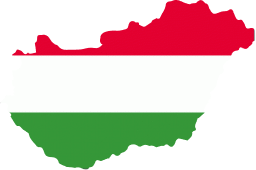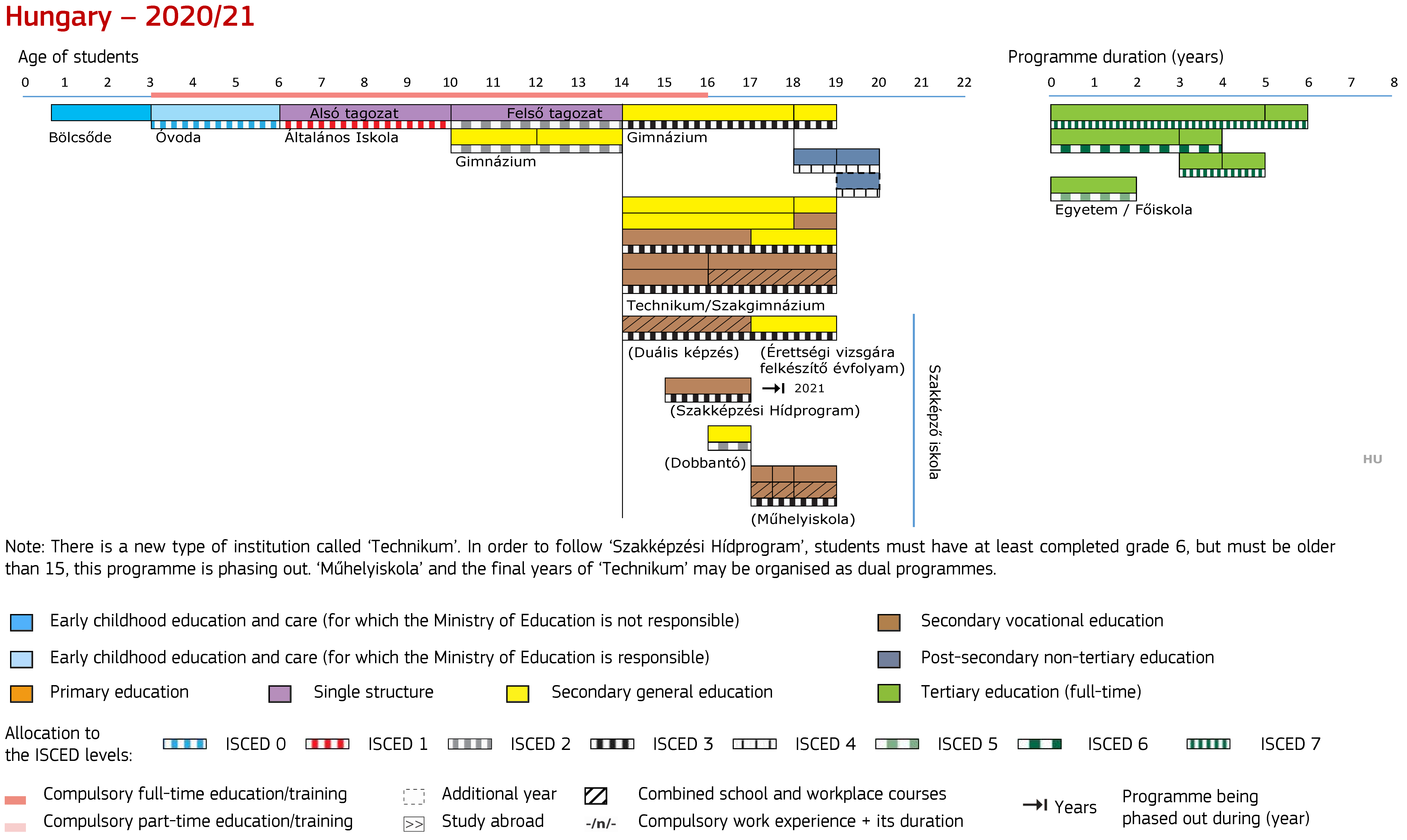Medve Katalin
I am a qualified Teacher of Fine Arts, graphic designer with a degree in Drawing, Visual Communication and Media Studies. I live in Budapest and have been working as a teacher in Törökbálint since 1997.
As a consultant and expert in public education, I am passionate about developing digital competences of teachers and students, and I feel responsible for raising the quality of visual education. Since 2017, I have also been working in a European Union project of the Hungarian Education Authority, which deals with the description and evaluation of digital literacy levels of students, teachers, heads of institutions and institutions involved in Hungarian public education. Our mission is to make learning and labour market integration more effective by developing the digital competences of students and teachers.
In 2020 I received the Pedagogical Research Award of the Hungarian Academy of Sciences.

 HUNGARY
HUNGARY





